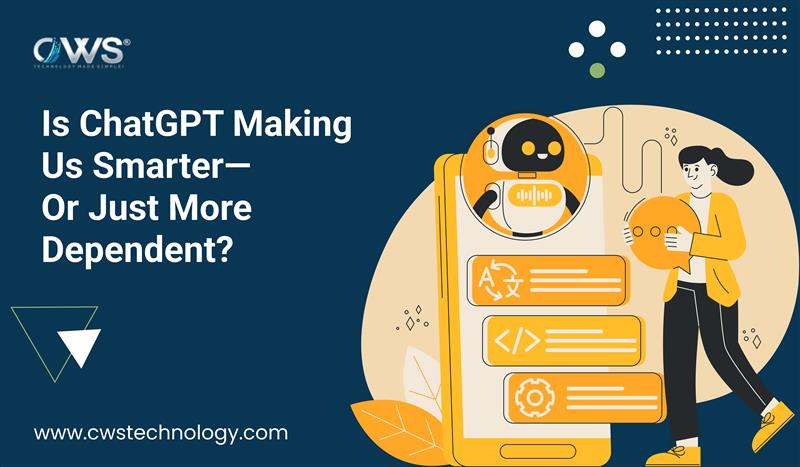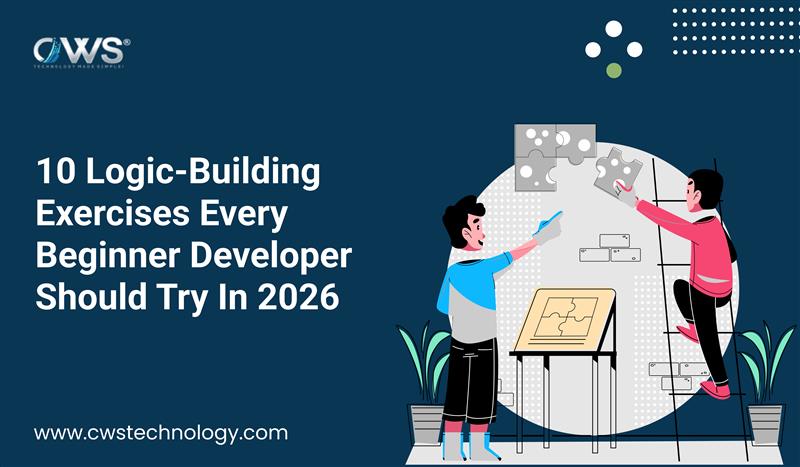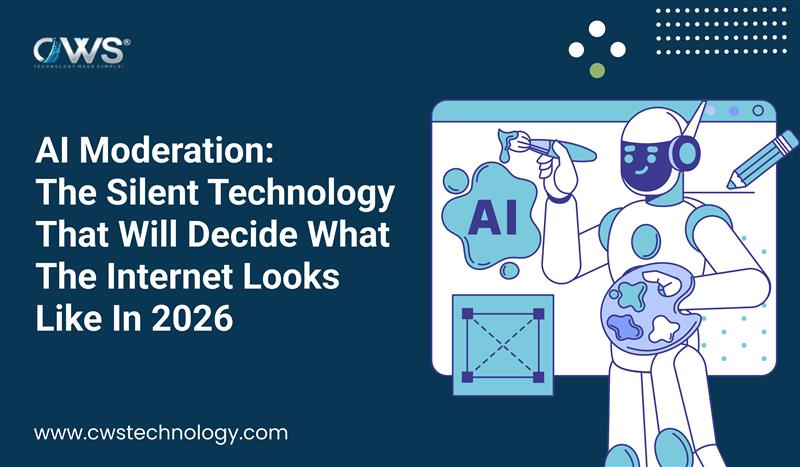Artificial intelligence is no longer a futuristic concept—it is woven into our everyday routines. From writing emails and generating code to brainstorming ideas and analyzing data, AI-powered tools like ChatGPT have become constant companions. Yet, a critical question emerges: are these tools sharpening our minds, or are they quietly making us more reliant on machines?
The answer is not as simple as a “yes” or “no.” It lies somewhere between cognitive offloading and enhanced productivity, depending on how we use these tools.
Cognitive Offloading: When We Let Machines Do the Thinking
Cognitive offloading refers to the act of relying on external tools to manage mental tasks. Think of how calculators changed the way we approach mathematics or how GPS reduced the need to memorize directions. Similarly, ChatGPT allows us to “offload” information processing—whether it’s summarizing long reports, drafting professional communication, or generating complex ideas.
This reliance can be liberating, but it also sparks concerns:
- Reduced Memory Retention: When everything is a query away, are we training our brains to remember less?
- Decline in Critical Thinking: If AI offers quick answers, do we risk losing the patience required to analyze deeply?
- Overconfidence in AI Outputs: A tendency to trust machine responses without fact-checking can blur the line between knowledge and misinformation.
Cognitive offloading, in itself, is not inherently negative. Humans have always offloaded—whether through books, notes, or search engines. The real challenge is balance.
Enhanced Productivity: Unlocking Human Potential
On the flip side, ChatGPT has empowered individuals and organizations to work smarter. Instead of replacing thought, it can amplify it. By automating repetitive or time-consuming tasks, professionals can focus on higher-order thinking.
Consider these benefits:
- Creativity Boost: Writers, marketers, and designers use ChatGPT as a brainstorming partner to expand perspectives.
- Learning Accelerator: Students and professionals can understand complex topics faster by asking for explanations in simple language.
- Time Efficiency: Automating repetitive tasks allows businesses to reallocate time toward strategy, innovation, and client engagement.
- Democratised Access to Knowledge: Global audiences, regardless of geography or educational background, can engage with advanced ideas instantly.
When leveraged thoughtfully, AI enhances—not diminishes—our capacity to think, learn, and innovate.
The Human-AI Partnership: A Double-Edged Sword
AI should not be seen as a competitor to human intelligence, but as a collaborator. This partnership works best when we:
- Use AI for Augmentation, Not Replacement: Treat AI as an assistant that enhances, not replaces, our decision-making.
- Verify Outputs: Human judgment must remain the final checkpoint.
- Prioritize Skills Development: By continuously learning, we ensure AI doesn’t erode our intellectual abilities.
Imagine a workplace where employees delegate repetitive data processing to AI but engage in creative problem-solving and human-centered innovation. That synergy represents the future of work.
Global Perspective: Different Cultures, Different Dependencies
AI adoption isn’t uniform worldwide. In technology-driven economies like the US or Europe, ChatGPT is embedded in workflows across industries. In emerging economies, it represents an opportunity to leapfrog infrastructure gaps and empower communities with access to education and business solutions.
However, dependency levels vary:
- Developed Nations: Risk of overreliance due to easy accessibility.
- Developing Nations: AI serves as a powerful equalizer, bridging digital divides.
The global narrative reflects that AI is not inherently good or bad—it mirrors the intent behind its use.
The Responsibility of Businesses Like CWS
As a technology-driven company, CWS understands the delicate balance between productivity and dependency. Our approach emphasizes responsible AI adoption—tools that enhance efficiency without undermining human creativity. We advocate for building digital solutions that complement human intelligence, ensuring businesses remain resilient in a world shaped by rapid technological evolution.
By fostering AI literacy, we help organizations strike the right balance: using ChatGPT as a partner for growth, not a crutch for convenience.
Conclusion: Smarter or More Dependent? It’s Our Choice
ChatGPT is neither inherently a tool for intelligence nor dependency. It is a mirror—reflecting the way we choose to engage with it. Used thoughtfully, it unlocks creativity, accelerates learning, and boosts productivity. Used carelessly, it risks diminishing critical thinking and independence.
The future of human intelligence in the age of AI depends not on the technology itself but on our choices, habits, and willingness to balance convenience with curiosity.
In the end, AI doesn’t define our intelligence—we do.








